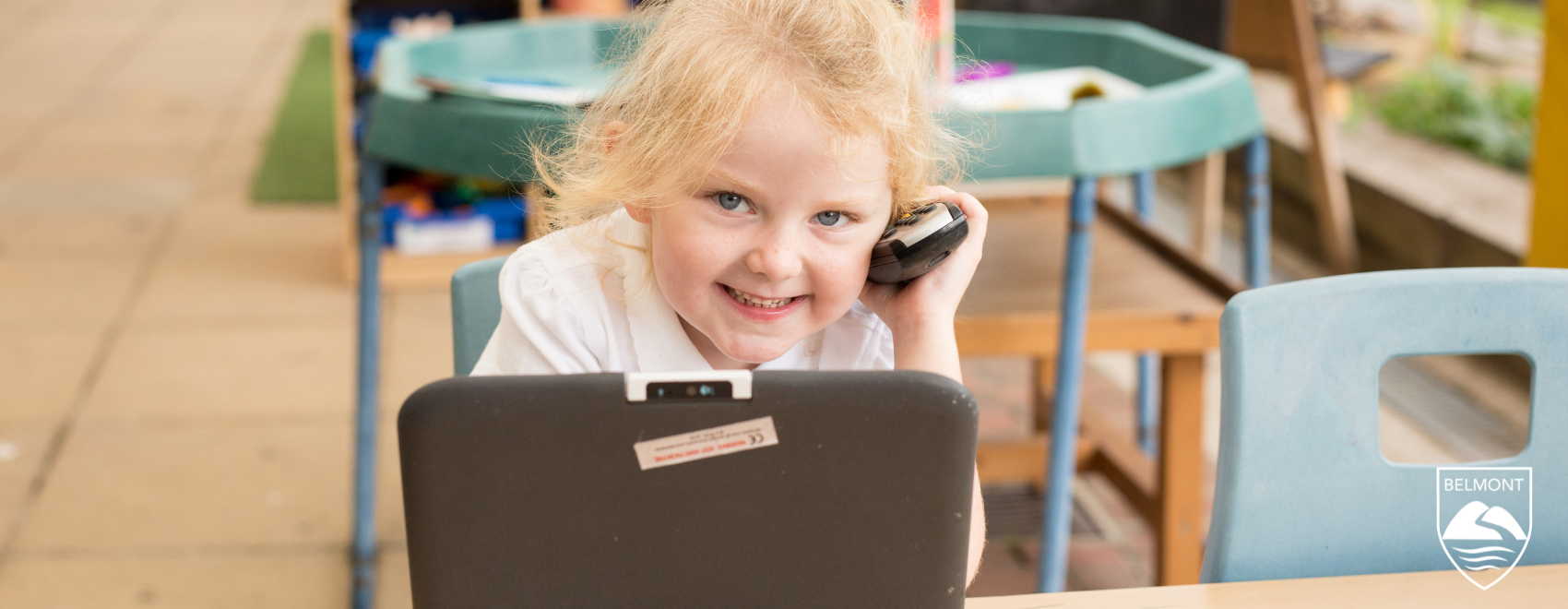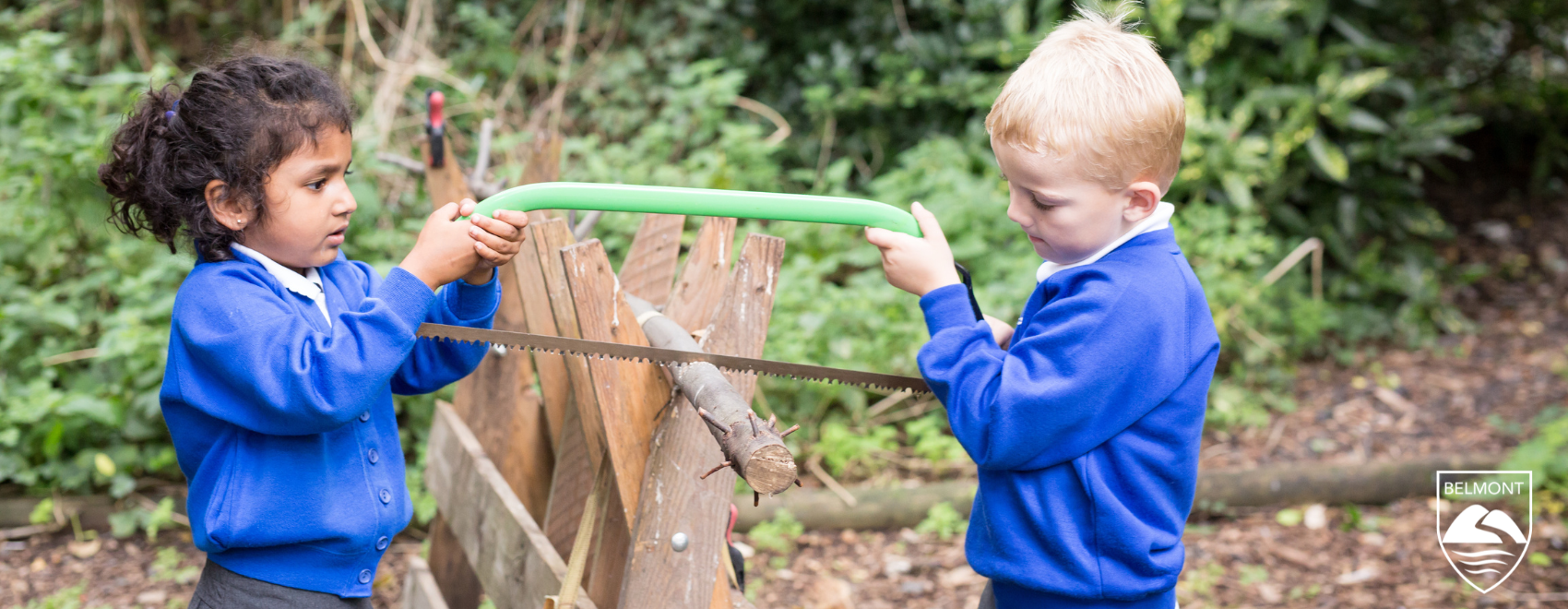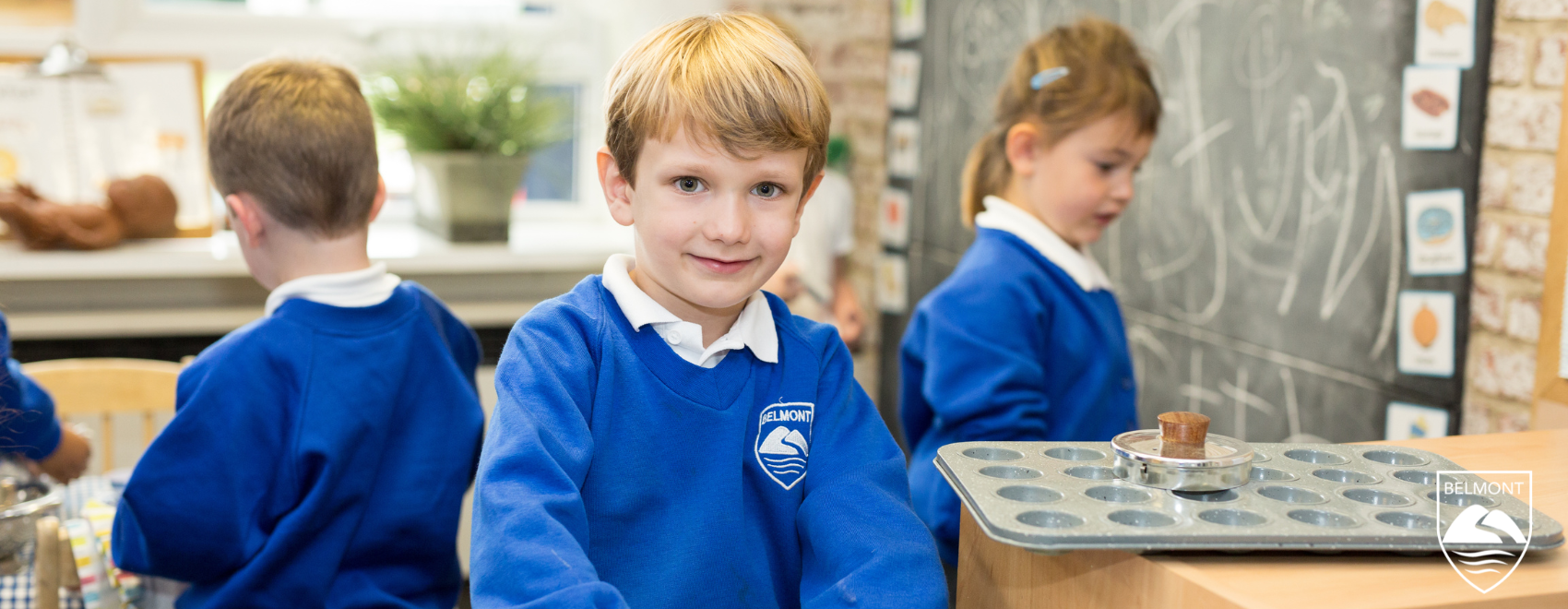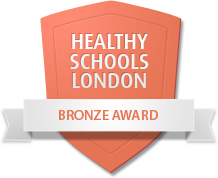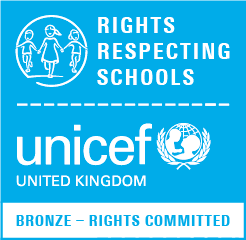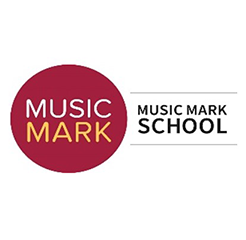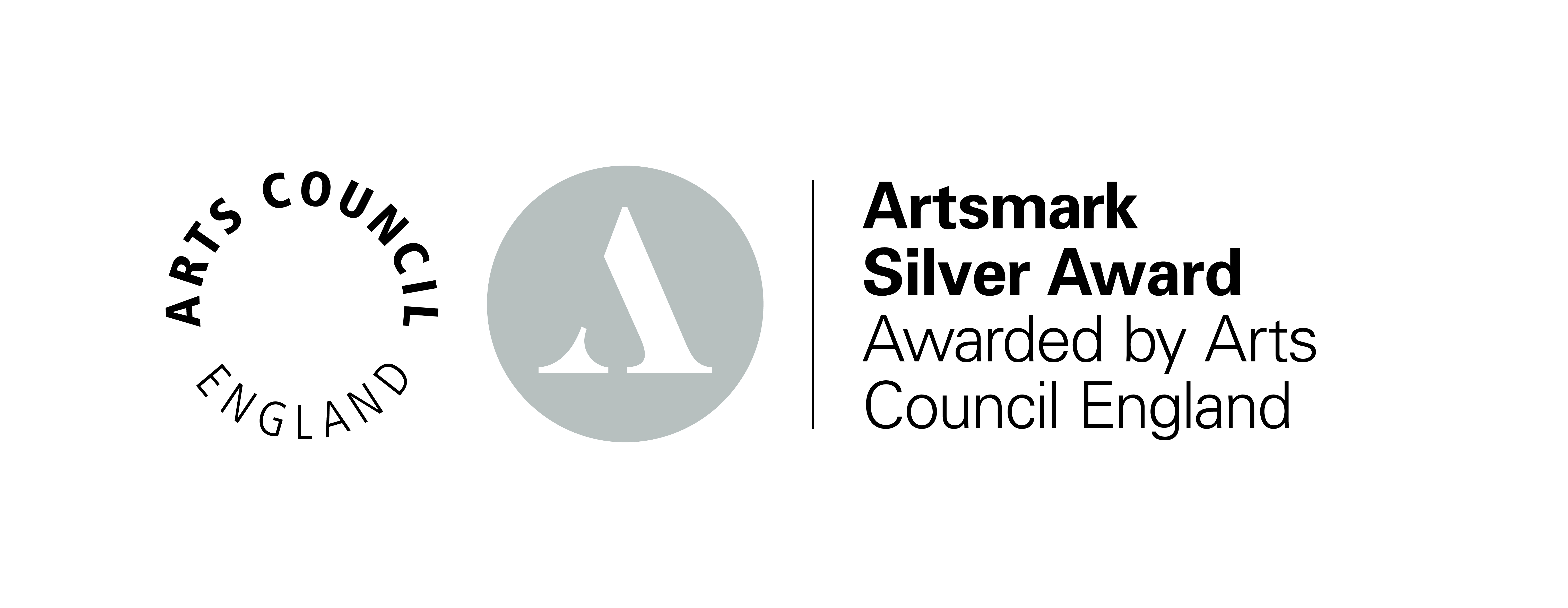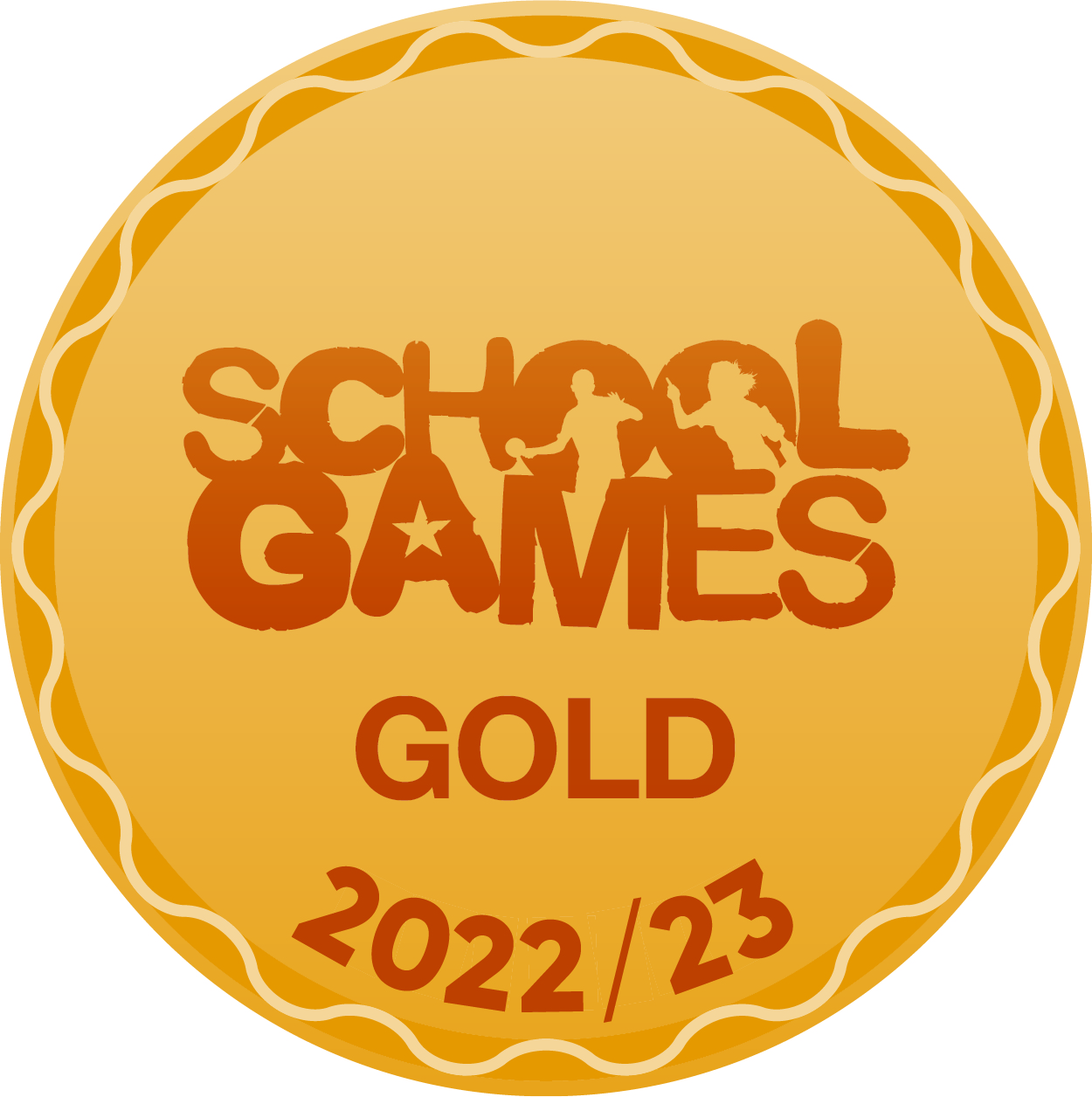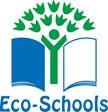History at Belmont
Intent
The history curriculum at Belmont provides a high-quality history education that will help pupils gain a coherent knowledge and understanding of Britain’s past and that of the wider world. It draws from, and makes full use of, the immediate and wider local area including the school’s own rich history. History helps pupils to understand the complexity of people’s lives, the process of change, the diversity of societies and relationships between different groups, as well as their own identity and the challenges of their time. The history curriculum at Belmont is carefully planned and structured to ensure that current learning is linked to previous learning and that the school’s approaches are informed by current pedagogy. In line with the national curriculum, Belmont aims to ensure that pupils’ curiosity to know more about the past is stimulated, they are encouraged to ask questions, think critically, weigh evidence, provide arguments as well as develop perspective and judgement. They must also begin to understand the complexity of people’s lives, the process of change, diversity of cultures within society and the relationship between different groups.
Implementation
- Planning is informed by and aligned with the National Curriculum. Lesson design is not limited to a scheme and teachers have access to further guidance from national agencies, including the Historical Association, of which we hold a membership.
- History teaching is taught through thematic topics. These are taught in distinct blocks. A cross-curricular approach to learning is encouraged.
- The curriculum is underpinned by the use of knowledge organisers. These outline any prior learning linked to both new and future knowledge, alongside key questions, key vocabulary and key individuals for each period studied.
- These are shared with both the children and the parents.
- Review questions are used at the beginning of each lesson providing the opportunity for children to revisit prior historical learning from current and prior year groups.
- Artefacts and visits provide children with key learning opportunities, deepening and widening their cultural understanding.
- Key individuals from a variety of backgrounds and cultures allow students to understand how they have impacted on society today.
Impact
The intended impact of the History curriculum is that:
- Outcomes in student work books evidence a broad and balanced history curriculum and demonstrate the children’s acquisition of identified key knowledge.
- Emphasis is placed on deeper thinking and questioning, which helps pupils gain a coherent knowledge, encouraging them to be more curious about the past.
- Pupils learn to ask perceptive questions, think historically and critically, weigh evidence, sift arguments, and develop links to prior knowledge.
- Pupils have an understanding of chronology and how their new learning fits in with what they have already studied.
- Children articulate, communicate and reflect their knowledge and skills.
- Regular, meaningful trips, visits and workshops provide further relevant, contextual learning.

